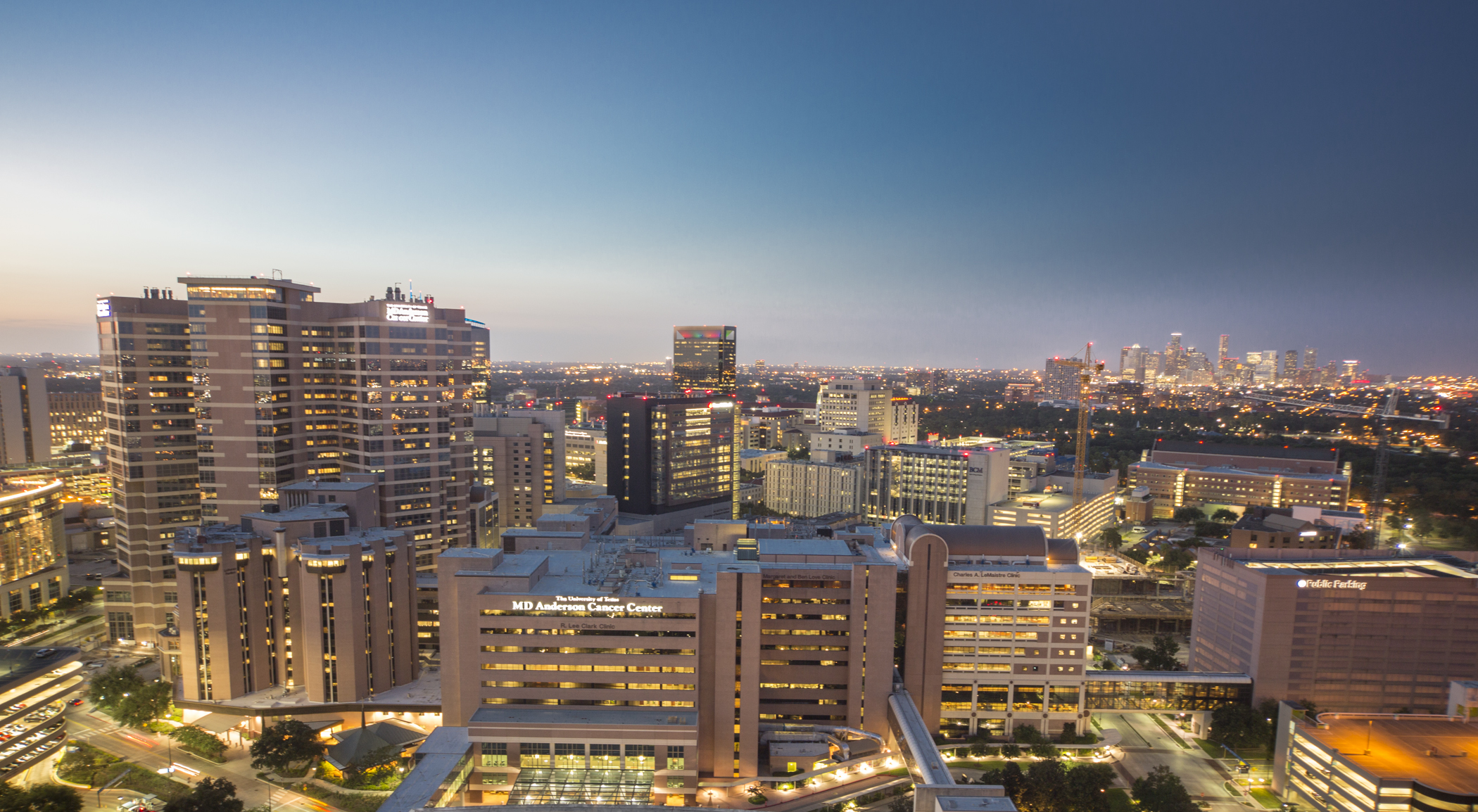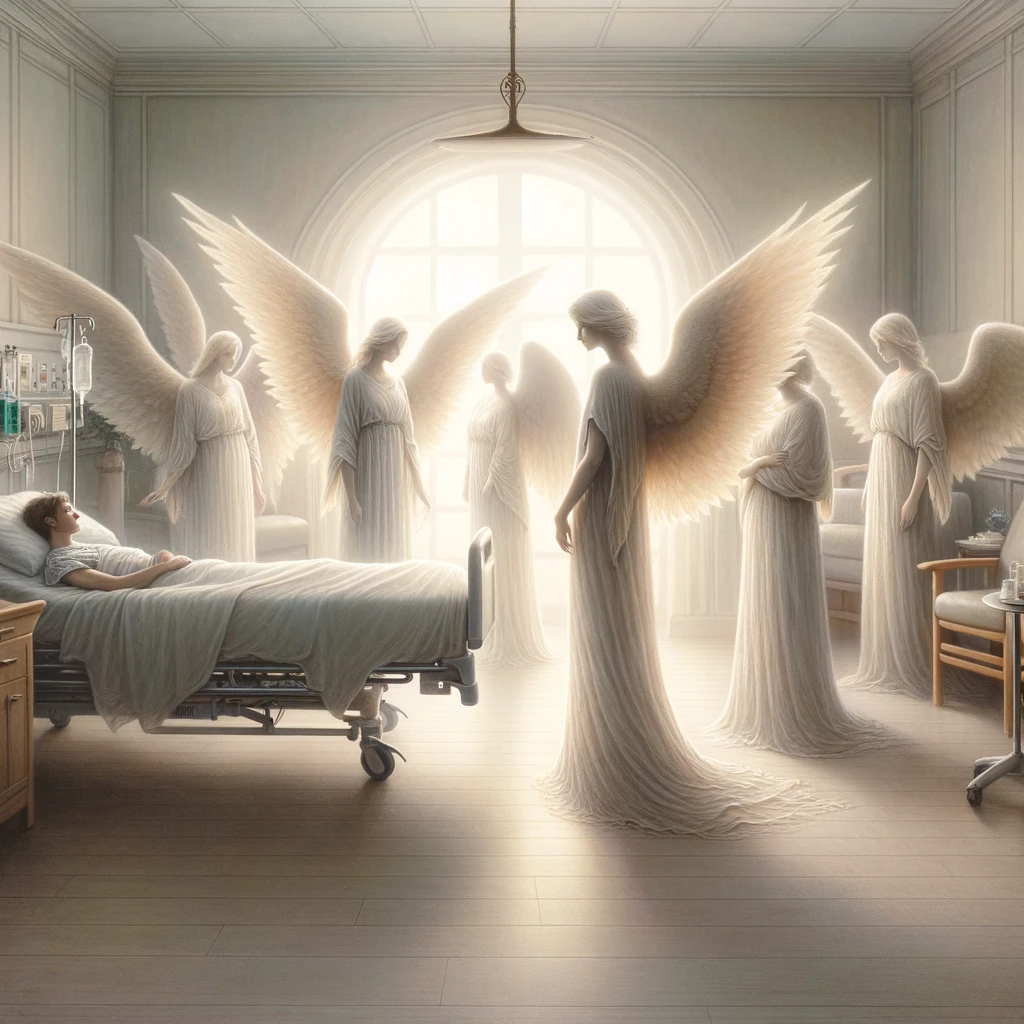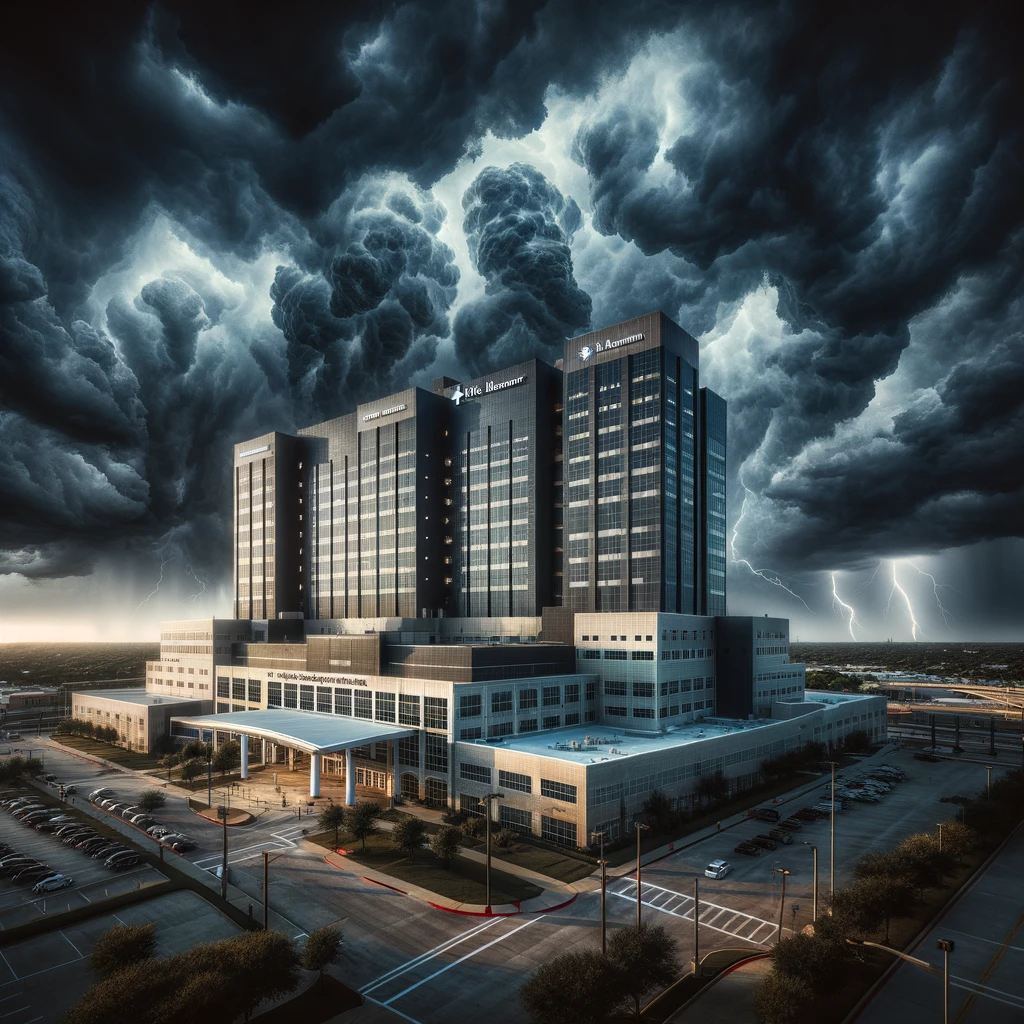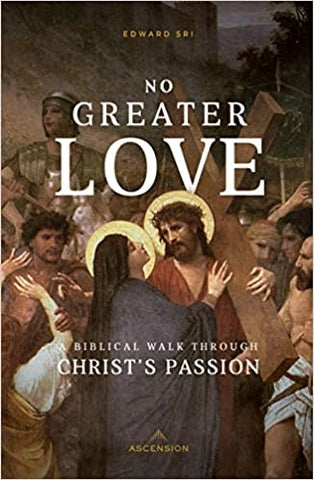He was quite some man — Father Mike. We’ve written about him before.
That’s the only way he’s identified by a hospice physician, Dr. John Lerma, a stickler for privacy who at the time was at M. D. Anderson Medical Center — the biggest medical center on the planet — in Houston, tending to the dying priest.

In a way hard to convey with words, Father Mike suffered. He did so willingly, fully — even by demand. He was seventy-eight at the time and had severe neck and head cancer. He was even missing an eye from it.
Yet he would allow absolutely no pain medications.
Once the president of a Catholic university, he was always in good spirits, recalled Dr. Lerma, despite the wrenching pain.
“Father Mike instructed me on Opus Dei’s beliefs with regard to pain and suffering,” wrote Dr. Lerma, himself a Catholic (though one who currently accepts multiple beliefs). “He agreed that these acts of suffering would help countless souls around the world, including our hospice patients. He insisted that I trust the spiritual process.”
When they first met, said the physician, this unique patient “made it enormously clear that his desire was to feel his pain in its most raw form.
That was tough for a palliative-care physician to accept. As a pain specialist, it was an “inconceivable request.”
Yet the doctor honored it — and listened to the joy in the selfless priest’s wisdom.
Though he admitted that the pain was “unbearable” (or nearly), he insisted he felt nothing but adulation and joy for God.
His pain was converted to joy. Angels were visibly present, he related — bedecked in “fierce white.”
He also imparted that wisdom. For example, he warned that too much focus on the negative aspects of the world and local news affects the soul in a dark way and “puts us in a position to develop fear and judgment of others.”
This, admonished the priest, compounds the negativity of a circumstance and “deeply hurts God.”
The angels said they were working on many projects to increase optimism on earth.

But not obsess over it.
He also spoke, did Father Mike, of love, as so many dying do. A particularly poignant comment: “Random acts of kindness,” said Father Mike, “can actually stop wars from occurring, and just one unconditional act of love can change the entire world.”
Have you ever considered doing that? Do you practice this at every opportunity?
It turns everyday life into that much more of a glorious adventure.
It’s a domino effect: There’s that interconnectedness we don’t appreciate with the eyes of the earth.
He also told the doctor that technology without God could destroy us. Technology could be a great good, said Father Mike — if those in control of it were close to Jesus. (More on this in the future.)
Part of the priest’s suffering, he explained, was to prevent devastation.
The keys to life: prayer, knowledge, and self-sacrifice, along with collective love and joy.
If this dying man, this holy priest, could be joyful, cannot we?
He was suffering in a way that made those who saw him actually cringe, and yet what was the end?
After slipping into a coma, without the pain medication and severely short of breath, Father Mike nonetheless had what the doctor described as “an incredible glow and peace about him.” Despite a racing heart (more than a hundred thirty beats a minute!), the priest wore a large smile.
The day he died, Dr. Lerma was at a clinic across the way when he noticed a pitch-black storm approaching and soon unleashing gale-force winds and hail. The darkest cloud was over the part of the hospital where Father Mike was.
As the storm grew worse, he received a page that the priest had died.
That was only the beginning of the end, so to speak.
For when the doctor got to the hospice unit, the lights were flickering on and off but there was “an incredible sense of peace in the midst of the chaos.”
The secretary and nurse had seen a “bright light” shining from the priest’s room, they told the physician — so bright they thought the lights were coming back on.
“They had rushed me there to experience an inconceivable event,” he said. “Every time the lights turned on and off, little feathers fell from the ceiling, drifting down as if they were snowflakes. One fell in the hand of a nurse and disappeared. As soon as they fell, they disappeared. Father Mike’s call-light was going off and on. We all had goosebumps.”
The secretary and nurse also related that they had seen a bright sphere float out of his body, circle the bed, and then soar away.
Less than a minute later, the lights came back on.
When Dr. Lerma saw him, the priest still wore that striking smile, and his palms were open.
“Peaceful — blissful almost.”
Quite a way to go!
And to cap it off, when priests and nuns from his university arrived later, the dean said that something similar — an electrical disturbance — had occurred in their offices.
Father Mike’s punctuation marks. His goodbye.
The dean went on to say that a few feathers were found on the floor there, too, and that Father Mike had collected feathers his whole life, from around the world. He’d kept them in a jar.
After the incident, when the dean checked Father Mike’s office, he noticed that all the feathers from the jar were gone.
[resources: No Greater Love, An Army In Heaven, and other books of inspiration]

